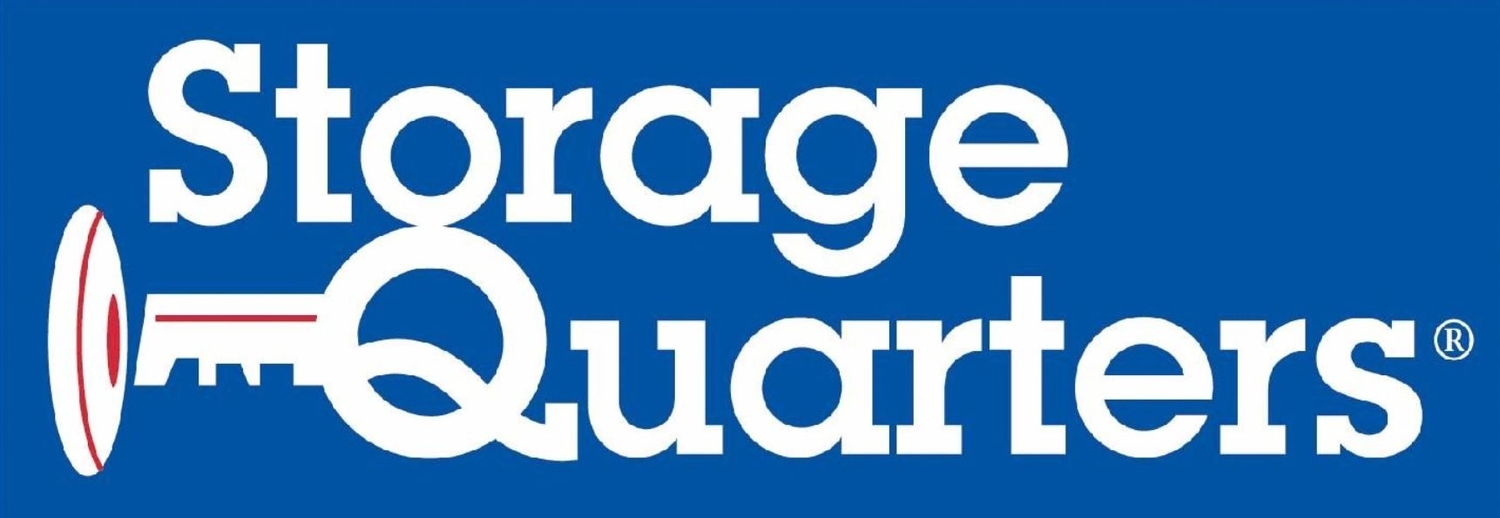There are many factors in business ownership that we can’t control, and the world economy is one of them. Whenever even a single economist mentions a possible recession, it can be terrifying for business owners.
For many business owners the first reaction is denial. The second is to start cutting costs without thinking about whether those are “good costs” or “bad costs”.
Good costs are things that actively help your business thrive. Bad costs are expenses that you can probably do without. Advertising, for instance, is generally a good cost while paper and ink might be bad costs… but not always.
And denial? Well, that never helps anything.
Is There a Recession Coming?
That's still not clear, with economists arguing several positions. To be fair, this time there are more variables than usual – which makes economic predictions especially difficult. Really, economists are forecasting one of three potential outcomes for the U.S. in 2023.
Complicating the forecasting further: Google, Meta, Apple, and Amazon all laid off thousands of workers as 2022 turned into 2023 – which fueled financial fears. However, not only aren't big tech companies not the best bellwether for predicting the economy, all four companies may have an agenda behind it. Los Angeles Times' technology expert Brian Merchant points out that all of the tech companies laying off staff are still highly profitable, and the U.S. economy added hundreds of thousands of new jobs in January.
Merchant, and several experts he cites, believe that the tech companies are actually laying off employees to scare them… because tech workers have gained too much bargaining power and are commanding high salaries. They all cite regular cycles of layoffs in the tech industry that occur regardless of the overall economy to bolster this theory.
On the flip side, Mark Zandi, chief economist at Moody’s Analytics, told CNBC, “Historically, when you have high inflation, and the Fed is jacking up interest rates to quell inflation, that results in a downturn or recession.”
What is driving the recession this time appears to be the Federal Reserve. The organization keeps raising interest rates in an effort to stem the tide of inflation. How well it works will ultimately be decided by the National Bureau of Economic Research. The bureau tracks the expansion and contraction of the United States economy, determining when or if we are facing a recession.
Sometimes (like the brief recession caused in 2020 by the pandemic), they are widespread but short-lived. Other times, like the housing crisis in 2007-2008, they are widespread and last a while. At the moment, inflation in the U.S. is painful but far better than in other parts of the world – such as the U.K. – and the overall U.S. job market is still strong. So, predictions are difficult.
Regardless of the outcome, it's a good time to evaluate your business. Look for ways to improve efficiency and boost your bottom line through new products or services.
What Should My Business Do to Prepare for a Recession?
First and foremost, don’t panic.
And don’t cut good business costs in an effort to save money. For instance, cutting marketing and advertising dollars can directly result in lower sales and creating a bigger problem. In fact, your marketing and advertising budget can get a better return on investment (ROI) during a recession because your competitors cut their budgets.
Second, examine your budget and cut unnecessary spending. Time suggests using the prelude to the recession to pay down high interest loans and credit cards, and to make certain you have savings if you need it.
Third, focus on the things that differentiate your business from the competition. Excellent customer service has kept many businesses afloat during tough economic times.
What Are the Economic Effects of Digitization?
Many reputable sources – including Forbes – are recommending digitization as a means to weather the economic storm. But what exactly does that mean and how does it help your business stay profitable? Moving to digital document storage makes your company more efficient and efficiency is key to saving money.
For example, let’s talk about sales records. When you use paper records, someone must sort through old sales data to find the information you are looking for. When that information has been digitized, it’s a few clicks away.
Business.com also points out that digital records can be accessed from anywhere and take less space to store. This means you can have a remote work force and save on physical locations. Even if your business needs to have a physical location, that space can be used more productively.
You’ll also save on printing and copying costs, storage costs, and compliance costs. That last item is those niggling little expenses for proving that you are storing customer data in a secure manner. Digitizing company data can also make it easier to profile your customer base and find fresh marketing opportunities.
Digitize Your Data with Storage Quarters to Save Money
The upfront cost of switching to digitization can definitely qualify as “good costs.” In the long run, digitization can make your business more customer focused and more streamlined – leading to better profitability.
Got questions about digitization? No problem. Storage Quarters has been your local storage experts for 35 years, and we’re experts in digitization and document management. Call us today to discuss how digitization can help you shine in all economic conditions.

